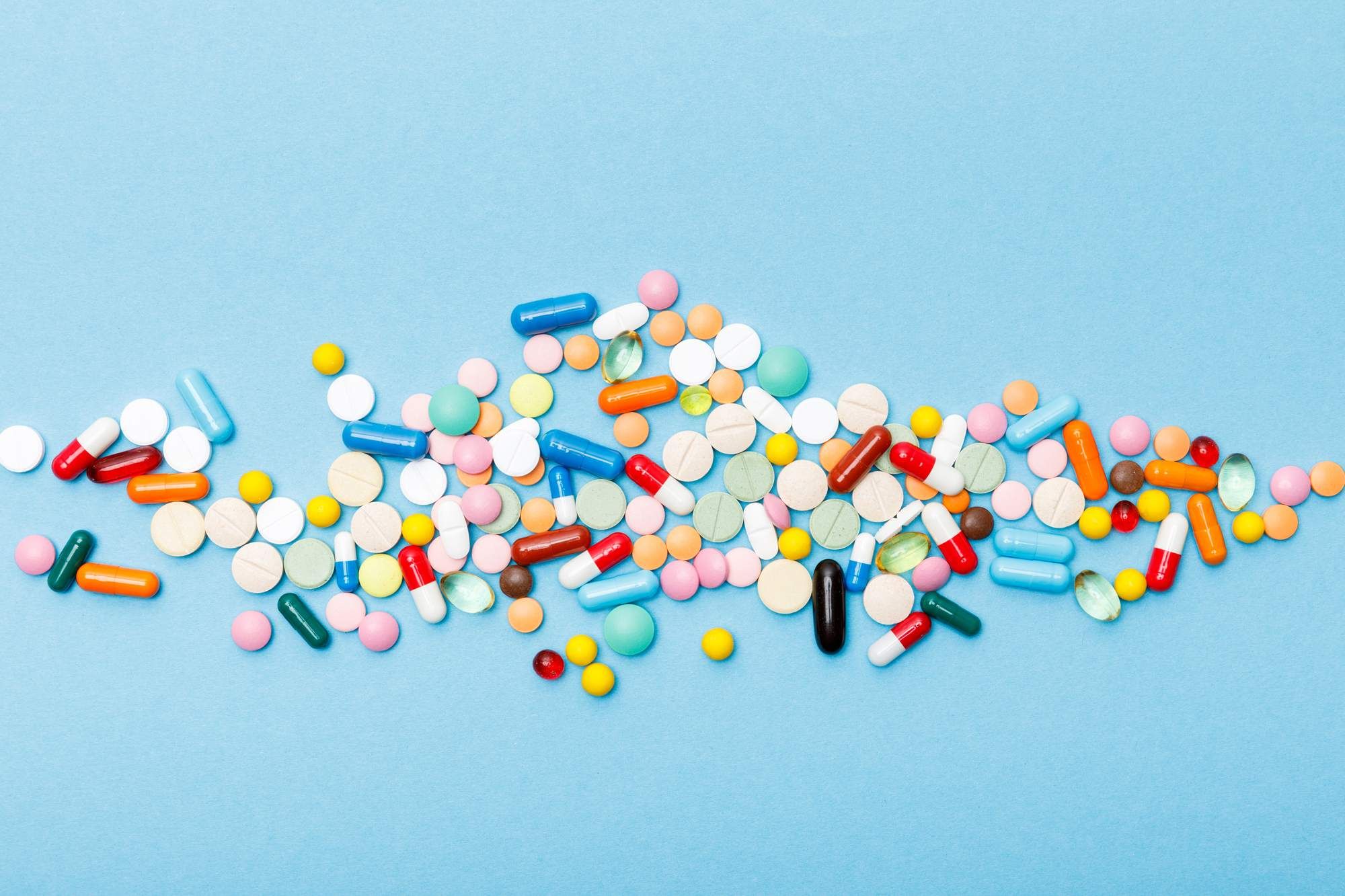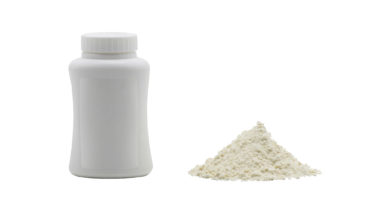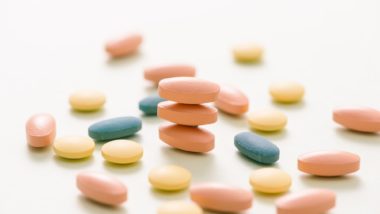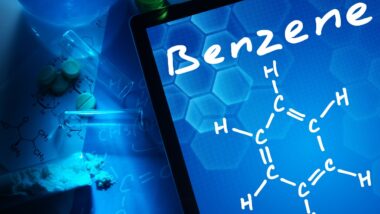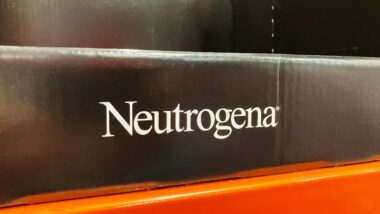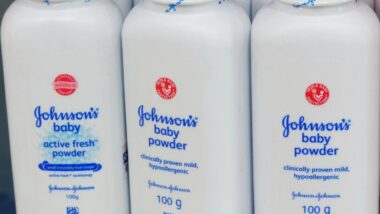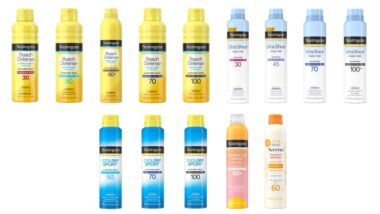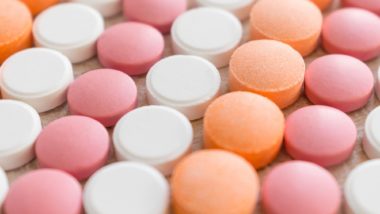Top Class Actions’s website and social media posts use affiliate links. If you make a purchase using such links, we may receive a commission, but it will not result in any additional charges to you. Please review our Affiliate Link Disclosure for more information.
Ranitidine — commonly known by its brand name, Zantac — is a popular heartburn medication, however, tests showing the drug may be contaminated have many wondering, “Is ranitidine safe?” Ranitidine is generally used to treat conditions that involve excess stomach acid, but the U.S. Food and Drug Administration (FDA) has found that it may also contain levels of a carcinogen that increase over time, even if the drug is stored correctly.
As a result, the FDA requested a Zantac recall in April. Those taking the medication have been advised to stop immediately and to seek alternative treatments.
Is Ranitidine the Same as Zantac?
Like all generic medications, ranitidine works in the same way and provides the same benefits as its brand name counterpart, Zantac, according to the FDA.
However, due to trademark laws, brand name and generic drugs generally look different. A generic drug like ranitidine is modeled after the brand name drug but isn’t available until after the brand name version has been on the market exclusively for some time. Before a generic drug is approved, it must undergo rigorous FDA testing.
Zantac and Ranitidine Overview
According to Medline Plus, ranitidine and Zantac are used to treat heartburn and sour stomach. Conditions for which it may be used include ulcers, gastroesophageal reflux disease (GERD), and conditions that involve an excess production of stomach acid.
The medication functions by reducing stomach acid levels. It may also be used to treat upper gastrointestinal bleeding, to prevent damage caused by non-steroidal anti-inflammatory drugs (NSAIDs), the aspiration of stomach acid during anesthesia, and to combat stress ulcers.
Zantac and Ranitidine Cancer Risk
In September 2019, the FDA announced that ranitidine testing revealed the presence of a nitrosamine impurity called N-nitrosodimethylamine (NDMA).
This contaminant can also be found in some foods including meats, vegetables, and dairy products, and is often found as contamination in water.
NDMA was once used in the manufacture of rocket fuel, antioxidants, and other materials. However, the chemical is now only produced in pure form or commercially used for research purposes.
According to the Environmental Protection Agency (EPA), NDMA may also be an unintended byproduct of the chlorination of wastewater and the treatment of drinking water using chloramines.
Unfortunately, the chemical may be found in products like ranitidine as a contaminant. The EPA’s NDMA fact sheet notes that the chemical can be “unintentionally produced” from industrial chemical reactions.
NDMA is a toxic chemical that can be associated with both short term and long term consequences. Overexposure to the chemical has been linked to symptoms such as headache, fever, nausea, jaundice, vomiting, dizziness, abdominal cramps, and enlarged liver, along with a reduced function of the liver, kidneys, and lungs.
Due to its toxicity, NDMA resulting from water contamination and contaminated medication is a concern. Even more so because NDMA has been classified as a probable carcinogen based on animal testing. Human testing of the chemical is limited, but animal testing has shown that NDMA can lead to the formation of tumors.
In animal studies, NDMA was primarily associated with tumors formed in the liver, respiratory tract, kidneys, and blood vessels. This risk may be relevant to humans, leading the International Agency for Research on Cancer (IARC) to classify NDMA as a probable human carcinogen.
So, is ranitidine safe? While the FDA did find evidence of NDMA contamination in ranitidine, neither the agency nor drug manufacturers have received reports of adverse effects in those taking the drug. It’s possible that NDMA may only cause cancer after a high level of exposure over a long period of time, but there is little testing on the matter. According to the FDA, the ingestion of NDMA contamination is common, and low levels are not expected to increase cancer risk.
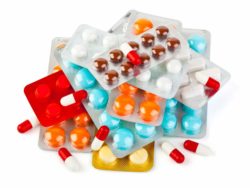
During the drug’s production and distribution, it may be exposed to high temperatures, leading to an increased level of contamination, according to the FDA. The longer a consumer waits to take ranitidine from its date of production, the higher the NDMA levels in the drug are likely to be. With that in mind, the answer to “is ranitidine safe?” is likely “no.”
Is There a Recall on Ranitidine?
After testing revealed NDMA contamination in ranitidine increases over time, the FDA requested all ranitidine products be taken off the market. Some drug companies, including Sandoz Inc., had already recalled the drug after initial testing showed NDMA contamination. Ranitidine has since been recalled by several manufacturers, including those who supply it to Walgreens, Walmart, Rite Aid, and CVS.
Consumers taking over-the-counter ranitidine are advised to stop immediately and dispose of any tablets or liquids they may have. Due to the coronavirus pandemic, the FDA is not advising consumers to bring their ranitidine to drug take-back locations but instead suggests following the disposal guidelines in the medication guide.
Those taking ranitidine as a prescription are advised to speak to their doctor before stopping treatment. There are several drugs on the market to treat the same conditions as ranitidine, without the same risks.
Ranitidine Alternatives
Consumers wondering “is ranitidine safe” may want to consider alternative heartburn treatments.
According to Medium, the FDA has a list of several ranitidine alternatives in the wake of the 2019 recall. However, patients should consult their medical professional before taking anything.
Medium says some patients may want to consider a proton pump inhibitor. These drugs, called PPIs, work by blocking acid secreted into the stomach. Research has found that PPIs may be more effective than ranitidine. Popular PPIs include Prilosec, Nexium, and Prevacid, however, Medium warns that overuse of these drugs has been linked to stomach problems, such as infection and cancer.
Other ranitidine alternatives include drugs that function using similar pathways but have not been associated with NDMA contamination. The FDA has reportedly suggested Pepcid and Tagamet as alternatives for patients affected by the Zantac recall. These drugs usually work well in most patients, says Medium, but they have been associated with side effects including headaches and dizziness, as well as more serious complications, such as anemia and gynecomastia.
WebMD notes that patients can take other measures to prevent or help relieve heartburn, including:
- Avoiding heartburn causing foods and beverages
- Eating smaller meals
- Not eating before bedtime
- Eating slowly, chewing thoroughly, and taking smaller mouthfuls
- Stopping smoking
- Avoiding tight belts or other clothing
- Inclining the bed to help keep acid down
- Chewing gum to help produce saliva and push acid back into the stomach
If you have experienced adverse effects due to your ranitidine use, you are encouraged to report those issues to the FDA. Reports from medical professionals and patients help the FDA protect consumers from drugs and products that may be dangerous. Furthermore, if you developed cancer after taking ranitidine or Zantac, you may be eligible to file a class action lawsuit against the drug manufacturers.
Join a Free Zantac Cancer Lawsuit Investigation
If you or a loved one was diagnosed with stomach cancer or bladder cancer after taking Zantac or another ranitidine medication, you may qualify to join this Zantac cancer lawsuit investigation. Learn more by filling out the form on this page for a free case evaluation by a Zantac cancer injury lawyer.
ATTORNEY ADVERTISING
Top Class Actions is a Proud Member of the American Bar Association
LEGAL INFORMATION IS NOT LEGAL ADVICE
Top Class Actions Legal Statement
©2008 – 2024 Top Class Actions® LLC
Various Trademarks held by their respective owners
This website is not intended for viewing or usage by European Union citizens.
Get Help – It’s Free
Join a Free Zantac Cancer Lawsuit Investigation
If you qualify, an attorney will contact you to discuss the details of your potential case at no charge to you.
PLEASE NOTE: If you want to participate in this investigation, it is imperative that you reply to the law firm if they call or email you. Failing to do so may result in you not getting signed up as a client or getting you dropped as a client.
E-mail any problems with this form to:
Questions@TopClassActions.com.

